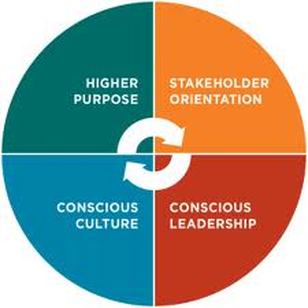What a wonderful career this has been.
I've enjoyed working
with so many leaders around West Michigan.
I first began working with family owned businesses in 1995 and over the years have been privileged to collaborate with scores of leaders from a variety of different industries. Today, I am semi-retired and almost only working with those who have been clients for some years. I am open to new experiences with new people. To all of you, past, present and future, I am so very grateful for the opportunity to make Conscious Capitalism, a framework to which I subscribe for many reason, a reality for those with whom I work.
Want to learn more? CLICK HERE.
Thank you one and all.
Want to learn more? CLICK HERE.
Thank you one and all.
